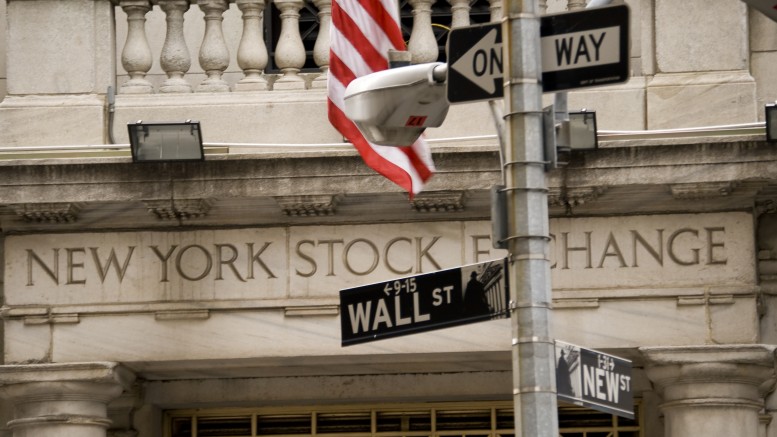Julio López (Attitude Gestión SGIIC) | Never has a recession been more unanimously expected. Interest rate hikes and lower government spending should have slowed economic growth, yet we don’t see it today. But the question is, has there really been such a reversal in monetary and fiscal policies? It is true that the FED has tried to reduce its balance sheet, but the small crisis in the American banking sector was enough for them to hit the money machine again in one week, taking away the “effort” to reduce the balance sheet that they had undertaken seven months ago.
In just one week, the FED has wiped out 70% of what it had achieved in seven months of balance sheet reduction. We can discuss whether it is QE again or not (theoretically they are lending operations and not asset purchases), but the money flowing into the market has been positively gushing.
And if we look at US fiscal policy, we see the figure for the month of March, where the fiscal deficit was “only” $378 billion. In the month. American public debt now represents 120% of its GDP. That means that each American citizen owes $94,600, or if we express it at the taxpayer level $246,000. Spending on school fees has risen 146% since 2000, and health spending has risen 155%. If we look at household debt, the data are staggering. $73,000 per citizen in some form of personal debt, $226,000 in mortgage debt, the average student owes $40,000 on their college loan and $7,500 on a live credit card. If we take into account unfunded liabilities (social security, Medicare, etc.) the figure rises to $182 trillion.
At all-time highs in tax revenues, deficits continue to grow at a gigantic rate.
The question is how long investors will continue to finance these debts at negative real rates. The market continues to “despise” interest rate hike policies, because they think that the Central Banks are going to bend over and will soon start to lower interest rates again, but we must not forget the impoverishing effect that inflation has, especially on the lower strata of the population, those who have no assets to take refuge in.
We should remember the etymology of inflation. Inflation comes from the Latin word “flatus”, which we can literally translate as fart, in its double connotation of noisy and smelly.





